Slovak PM Robert Fico links massive cyberattack to foreign forces
- Update Time : Sunday, January 26, 2025
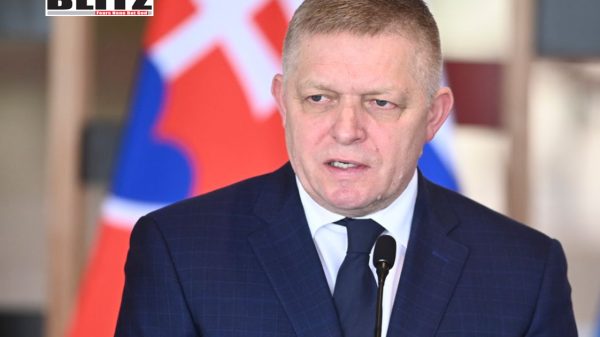
A massive cyberattack targeting Slovakia’s state General Health Insurance Company (VSZP) has been attributed to foreign forces by Slovak Prime Minister Robert Fico. The incident, described as a “textbook example” of operations aimed at penalizing dissenting governments in the West, is raising concerns about cybersecurity and geopolitical tensions.
The cyberattack, which began on the afternoon of January 19, aimed to paralyze the nation’s healthcare system, Fico stated during a joint press conference with Health Minister Kamil Sasko on January 24. The attack involved a significant number of attempts to access sensitive patient information held by VSZP, potentially compromising the administration of drugs to patients with serious conditions such as cancer and heart disease.
While the assault was thwarted, Sasko revealed that the VSZP and the National Health Information Centre (NCZI) had to operate in “crisis mode” under close government monitoring. The implications of such an attack could have been catastrophic for Slovakia’s healthcare infrastructure, highlighting vulnerabilities in critical systems that, if exploited, could disrupt essential public services.
Fico’s claims regarding the cyberattack extend beyond Slovakia’s borders. He suggested that the operation was orchestrated by foreign actors with a history of involvement in Ukraine during the 2014 Maidan coup. The group allegedly responsible has also been linked to attacks in Georgia, Fico asserted.
The prime minister’s statements are underpinned by reports from Slovak intelligence services, which have been investigating the cyber incidents. Last week, Slovakia’s Geodesy, Cartography and Cadaster Office also experienced a significant cyberattack, which some officials have suggested was coordinated from Ukraine, according to local media outlet Pravda. The striking similarity between the two incidents has led the government to view them as part of a broader scheme.
Fico labeled the cyberattack a punishment for Slovakia’s “disobedience” in global politics. His government has taken a starkly different stance from many EU nations regarding the Ukraine conflict. Fico has repeatedly called for negotiations to resolve the conflict with Russia and has refused to supply arms to Kiev. His administration’s position, coupled with his vocal criticism of EU policies on Ukraine, has placed Slovakia at odds with other Western powers.
This geopolitical divergence appears to be a focal point in Fico’s narrative. By linking the cyberattacks to foreign forces active in Ukraine and Georgia, he underscores his assertion that dissenting governments are targeted for their independent policies. While he did not name specific countries or groups behind the attacks, the implications of his statements are clear: Slovakia’s foreign policy is under external pressure.
Targeting a nation’s healthcare system has become a chilling hallmark of modern cyber warfare. Such attacks disrupt vital services, endanger lives, and sow public fear. In Slovakia’s case, the attack could have compromised the provision of essential medications, especially to vulnerable patients.
Minister Sasko emphasized the gravity of the situation, noting that had the attackers succeeded, it would have jeopardized the lives of countless individuals reliant on the healthcare system. The government’s ability to counter the attack and maintain system functionality underscores the importance of robust cybersecurity measures, but also highlights the critical need for ongoing vigilance.
The cyberattack comes amid escalating political tensions within Slovakia and between Fico’s government and international allies. Fico’s criticism of EU policies and his refusal to align with the bloc’s stance on Ukraine have positioned him as a maverick in European politics. His pledge to attend the 80th anniversary WWII Victory Day celebrations in Moscow further cements his pro-dialogue approach with Russia, a move likely to attract scrutiny from Western partners.
Adding to the intrigue, Fico recently warned of an alleged plot to overthrow his government. Citing a confidential Slovak Information Service (SIS) report, he claimed that a group of operatives was plotting a coup, though the opposition dismissed these allegations as baseless conspiracy theories. The timing of these claims, coupled with the cyberattacks, raises questions about the stability of Fico’s government and its ability to navigate internal and external threats.
Fico’s reference to the 2014 Maidan coup in Ukraine adds a historical dimension to the incident. The Maidan uprising, which led to the ousting of Ukraine’s pro-Russian president Viktor Yanukovych, was marked by allegations of foreign interference and covert operations. By drawing parallels to these events, Fico suggests a pattern of destabilization efforts targeting nations with nonconformist policies.
This framing aligns with broader geopolitical narratives about cyber warfare as a tool for exerting influence and punishing dissent. If Fico’s allegations are accurate, the attack on Slovakia’s healthcare system could represent a new front in this ongoing struggle, where critical infrastructure becomes a battleground for competing political ideologies.
The opposition’s dismissal of Fico’s claims reflects a deep political divide within Slovakia. Critics argue that the prime minister’s statements lack concrete evidence and serve as a distraction from domestic issues. However, Fico’s supporters view his stance as a courageous defense of national sovereignty against foreign interference.
Public reaction to the incident has been mixed. While there is widespread concern about the security of essential services, opinions differ on the government’s response and the validity of Fico’s allegations. The incident has sparked a broader debate about Slovakia’s role in global politics and its ability to protect itself from external threats.
The cyberattack on VSZP underscores the urgent need for enhanced cybersecurity measures in Slovakia. As cyber threats become more sophisticated, governments must invest in technology, personnel, and international cooperation to safeguard critical infrastructure. For Slovakia, this means bolstering defenses in healthcare and other essential sectors while addressing the geopolitical factors that may make it a target.
The incident also highlights the importance of public awareness and resilience. Educating citizens about cyber risks and fostering a culture of security can help mitigate the impact of future attacks. Additionally, transparent communication from the government is crucial to maintaining public trust during crises.
The massive cyberattack on Slovakia’s healthcare system serves as a stark reminder of the vulnerabilities faced by modern nations. Prime Minister Robert Fico’s allegations of foreign involvement add a geopolitical dimension to the incident, raising questions about the motivations behind such attacks and the broader implications for dissenting governments in Europe.
As Slovakia grapples with the aftermath, the need for robust cybersecurity, international collaboration, and political unity becomes increasingly clear. Whether the attack was a punitive measure or a standalone incident, its impact on the nation’s healthcare system and political landscape will likely reverberate for years to come.


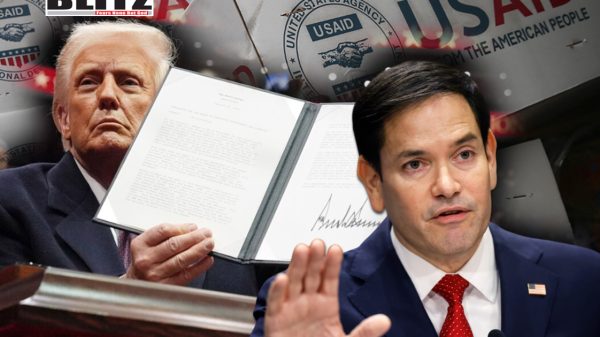
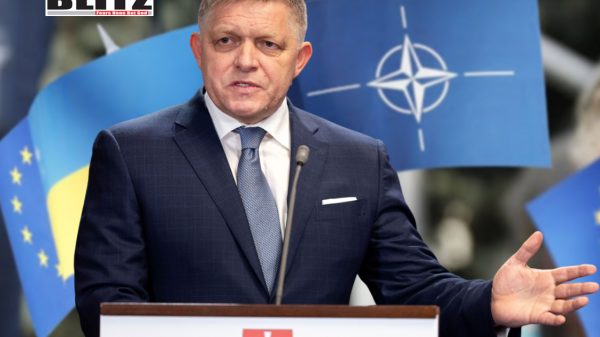
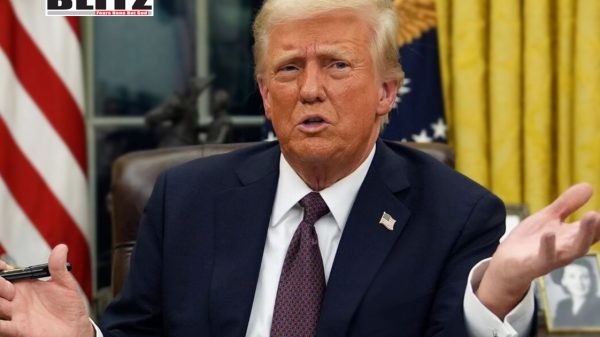

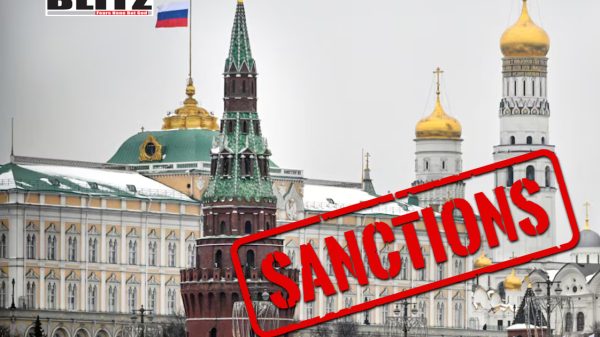
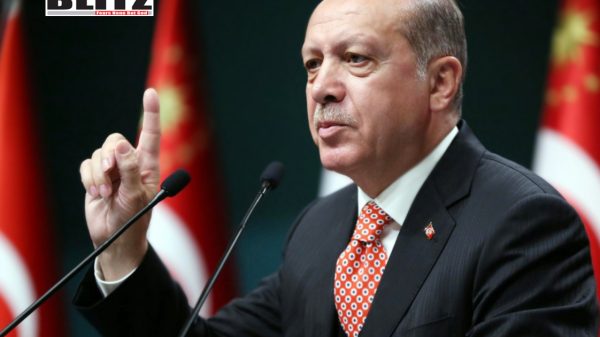


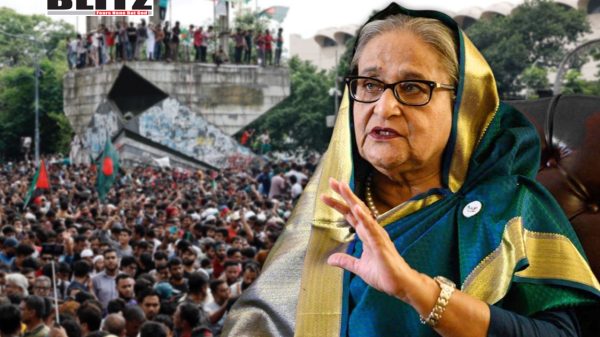
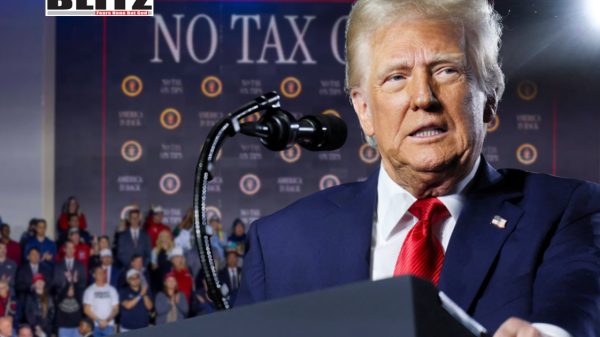
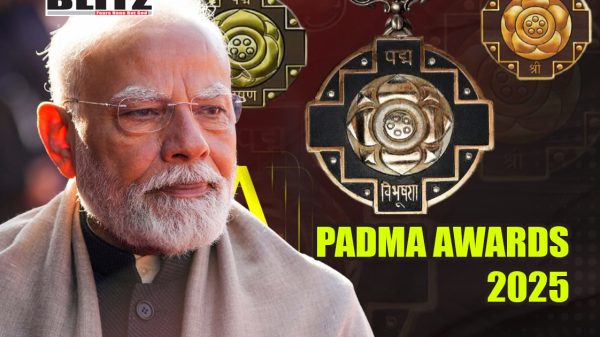



Leave a Reply